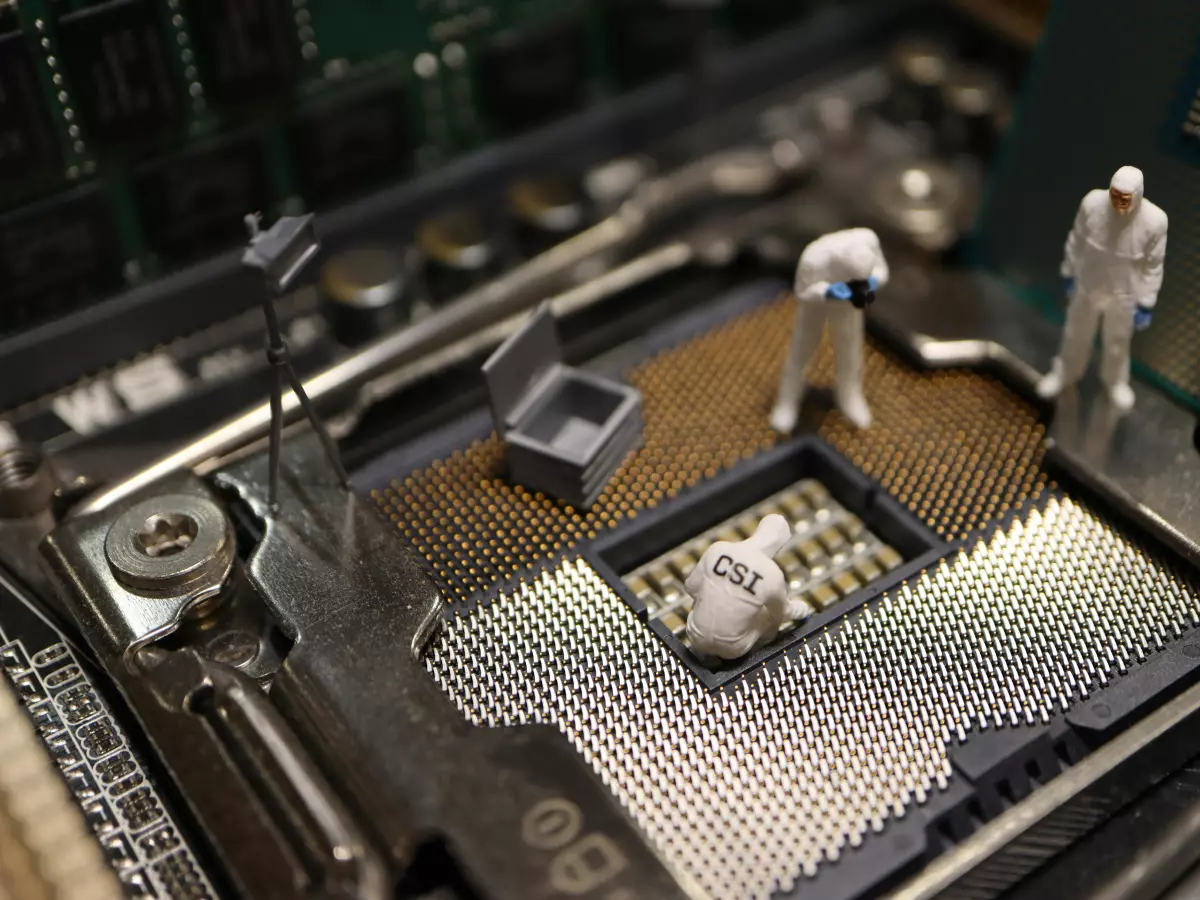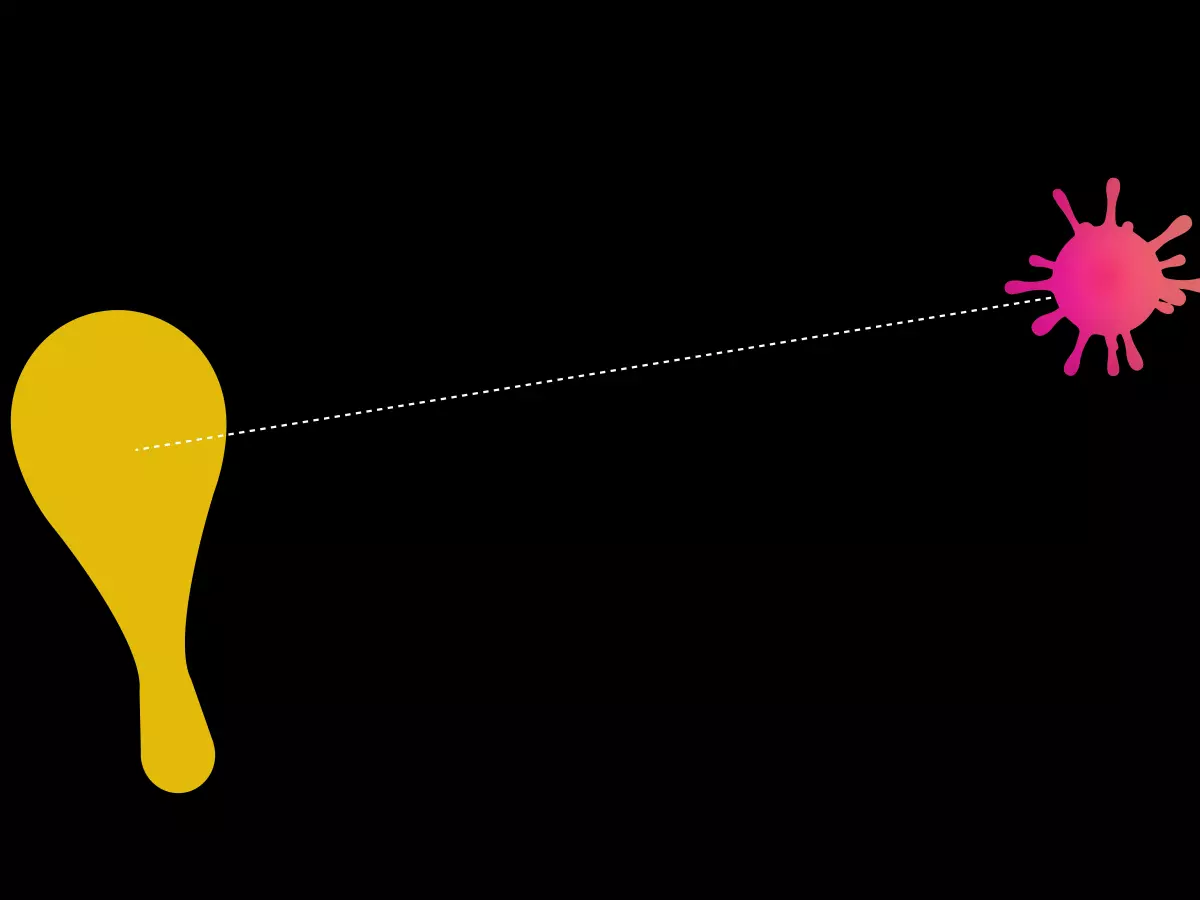Recall's Return
In June 2023, Microsoft hit the brakes on its Recall feature just before the launch of its Copilot+PC integration. Now, with its official re-release looming, the tech giant is doubling down on security.

By Liam O'Connor
Remember when Microsoft first teased Recall? It was supposed to be the next big thing—a feature that would allow users to retrieve and review past interactions, emails, and documents in a seamless, AI-powered experience. But just as the hype reached its peak, Microsoft pulled the plug. Why? Security concerns. The feature was deemed too risky, with fears that sensitive information could be exposed or misused. Fast forward to today, and Microsoft is gearing up for Recall’s grand return, but this time, they’re not taking any chances.
According to 01net, Microsoft is tightening the screws on Recall’s security before its official launch next month. The company has been working behind the scenes to ensure that the feature meets the highest security standards, especially in light of the growing concerns around data privacy and AI-driven tools. With Copilot+PC now fully integrated, Recall is set to be a key component of Microsoft’s AI ecosystem, but only if it can prove its security chops.
What’s Changed?
So, what exactly has Microsoft done to address the security issues that plagued Recall’s initial rollout? For starters, they’ve implemented stricter data encryption protocols, ensuring that any information retrieved through Recall is protected both in transit and at rest. Additionally, Microsoft has introduced new user controls, allowing individuals to set specific permissions on what data can be accessed and by whom. This is a major step forward, especially for businesses and organizations that deal with sensitive information on a daily basis.
But it’s not just about encryption and permissions. Microsoft has also revamped its AI algorithms to ensure that Recall only retrieves relevant and authorized data. This means that users won’t have to worry about accidentally pulling up confidential files or personal information that they didn’t intend to access. In a world where data breaches are becoming all too common, these changes are crucial for building trust in AI-powered tools like Recall.
The Bigger Picture
Recall’s return is part of a broader trend in the tech industry, where companies are increasingly focusing on security and privacy in the development of AI-driven features. With the rise of tools like Microsoft Copilot, which is now available on both mobile and web platforms, the need for robust security measures has never been greater. Copilot itself has undergone a major facelift, with a more user-friendly interface and enhanced conversational capabilities. But as these tools become more integrated into our daily lives, the risks associated with them also increase.
It’s not just about making AI more powerful; it’s about making it safer. And that’s exactly what Microsoft is trying to do with Recall. By addressing the security concerns head-on, they’re hoping to win back the trust of users who may have been skeptical about the feature’s initial rollout. But will it be enough? Only time will tell.
A Double-Edged Sword?
While Microsoft’s efforts to improve Recall’s security are commendable, there’s still a lingering question: Is it possible to make a feature like Recall both powerful and secure? The very nature of the tool—retrieving past interactions and data—means that it will always carry some level of risk. Even with the best encryption and user controls in place, there’s always the possibility that something could go wrong. And in today’s world, where data privacy is more important than ever, that’s a risk that some users may not be willing to take.
At the end of the day, Recall’s success will depend on whether Microsoft can strike the right balance between functionality and security. If they can pull it off, Recall could become a game-changer for AI-powered productivity tools. But if they fall short, it could end up being just another cautionary tale in the ever-evolving world of tech.





